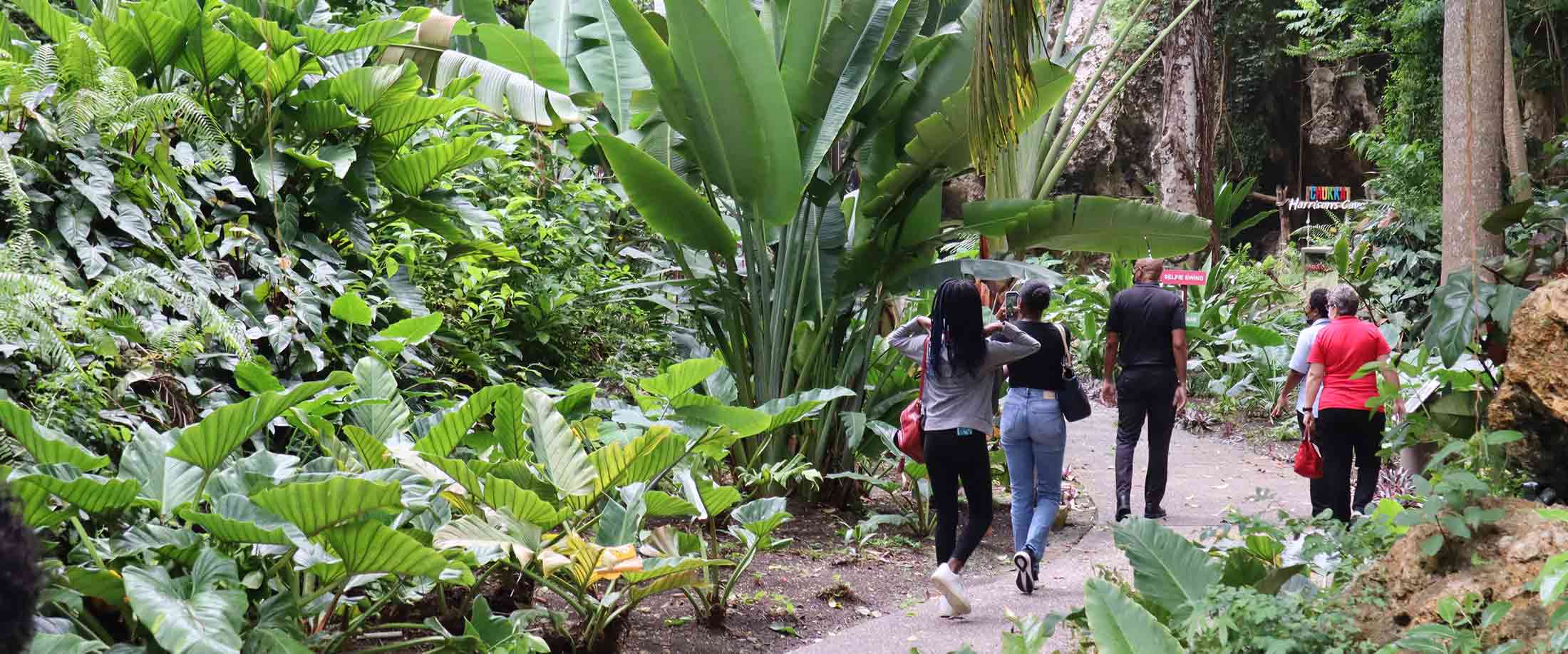
This training program for Barbados’s tourism industry focused on reducing tourism’s carbon footprint on the island and building capacity to adapt to climate change. Barbados is a small island in the Caribbean that relies on tourism for a large portion of its income. Many Bajans own their own tourism companies,...
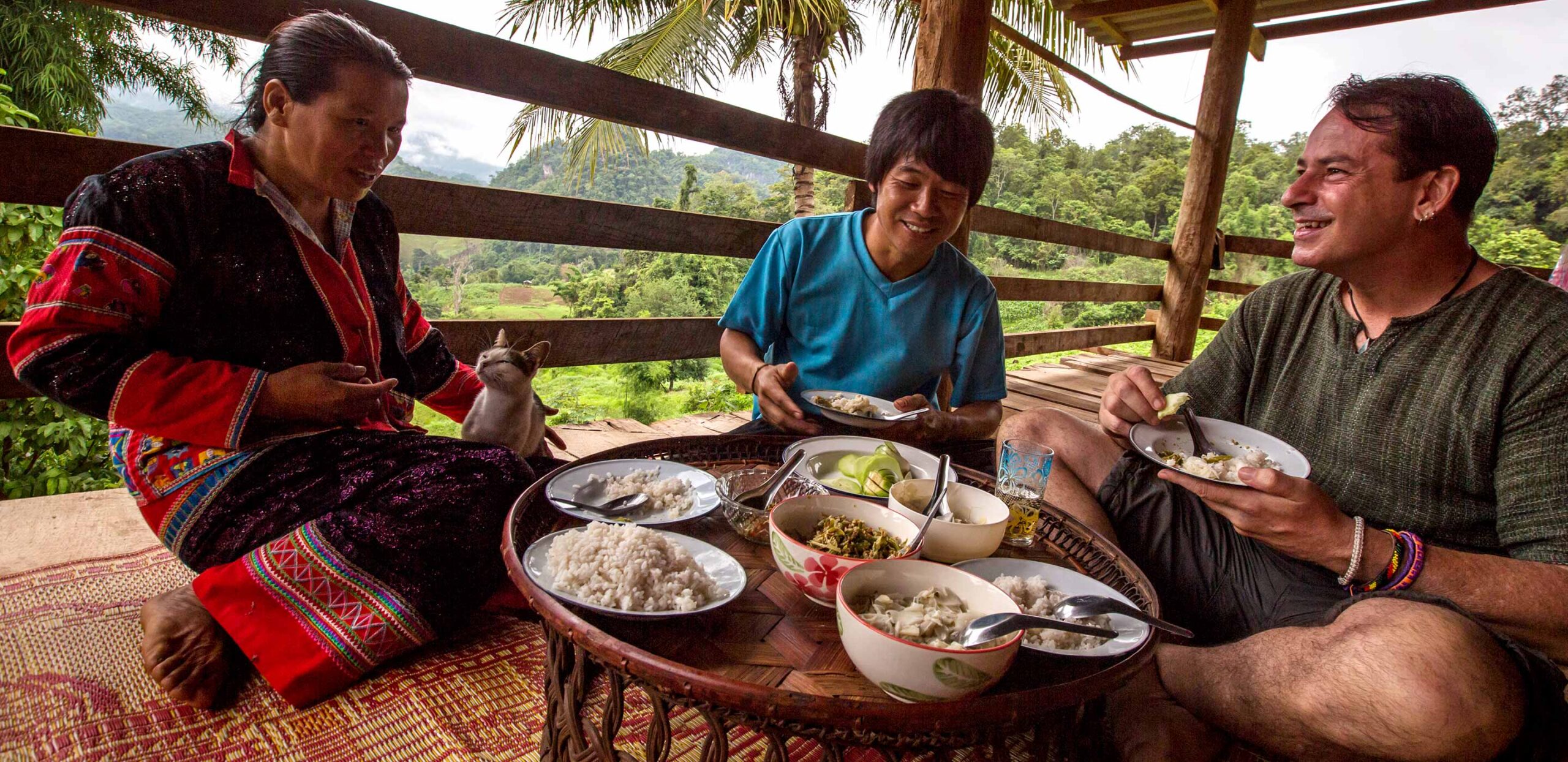
International tours can generate tremendous benefits for people around the world, but only if local communities are embedded throughout their supply chain. We developed a tour evaluation system to help one of the world’s largest adventure travel companies, G Adventures, evaluate and boost their local impact. Tourism’s Ripple Effect on...
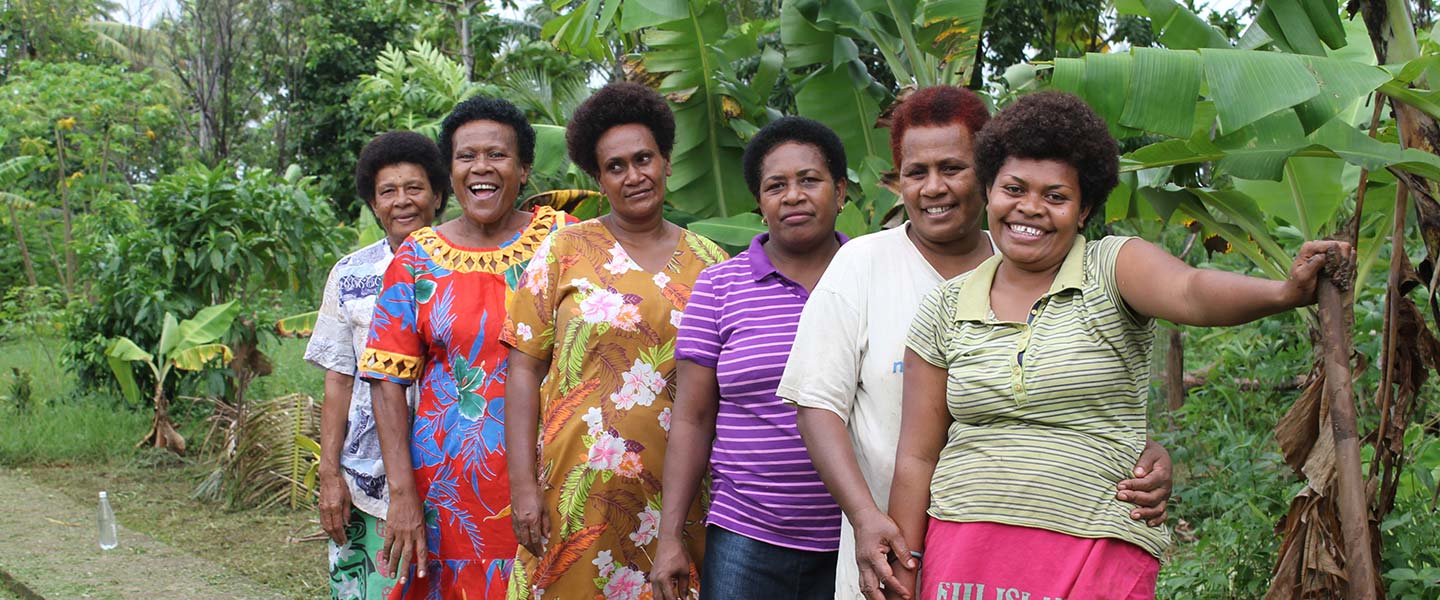
The islands of the Pacific are a popular destination for many travelers looking to trade in city life for secluded beaches, cultural authenticity and stunning natural environments. While the small size and remoteness of these destinations makes for ideal getaways, these characteristics also bring along many challenges. Visitors often put...
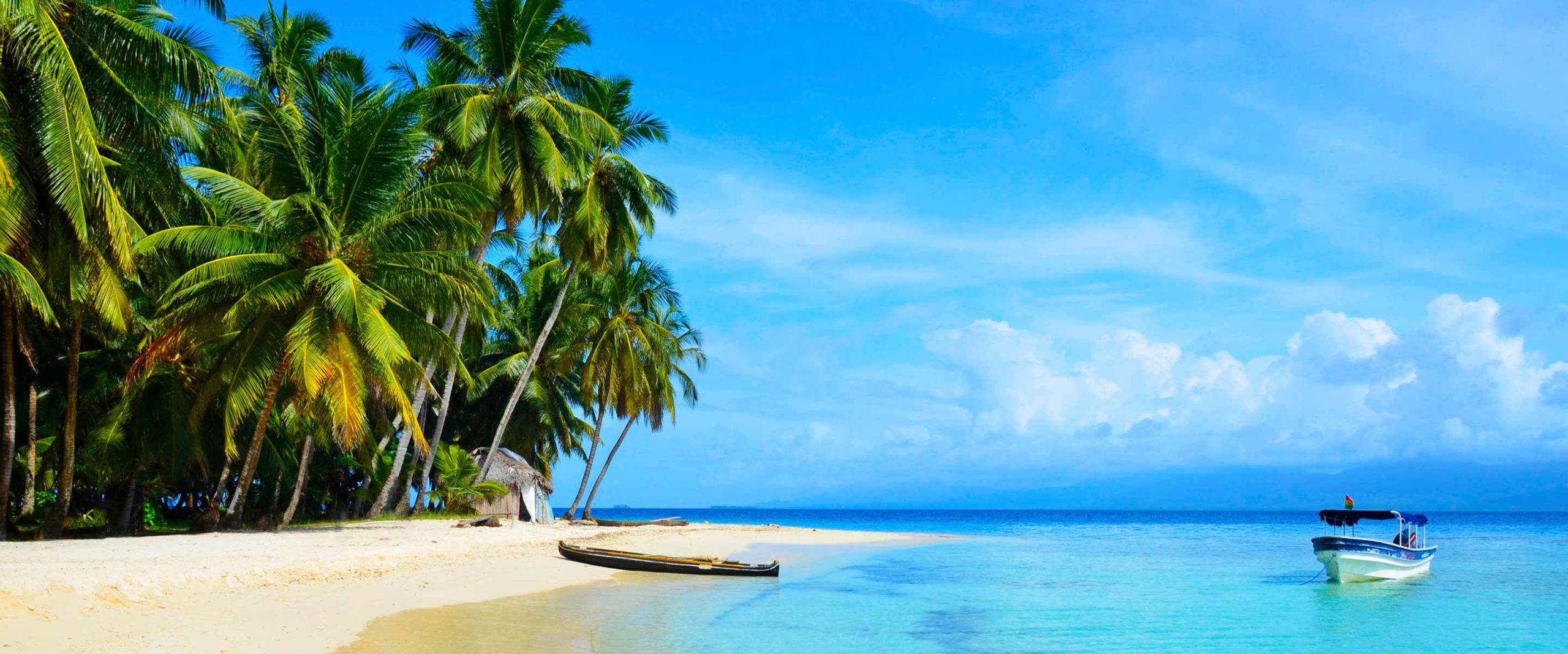
As ecotourism grows within Panama’s protected areas and their buffer zones, it is crucial to ensure minimum quality, sustainability and safety standards in the tourism operations. To accomplish this, Sustainable Travel International worked with the government and local stakeholders to create a sustainability standard for Panama’s tourism enterprises. This standard...
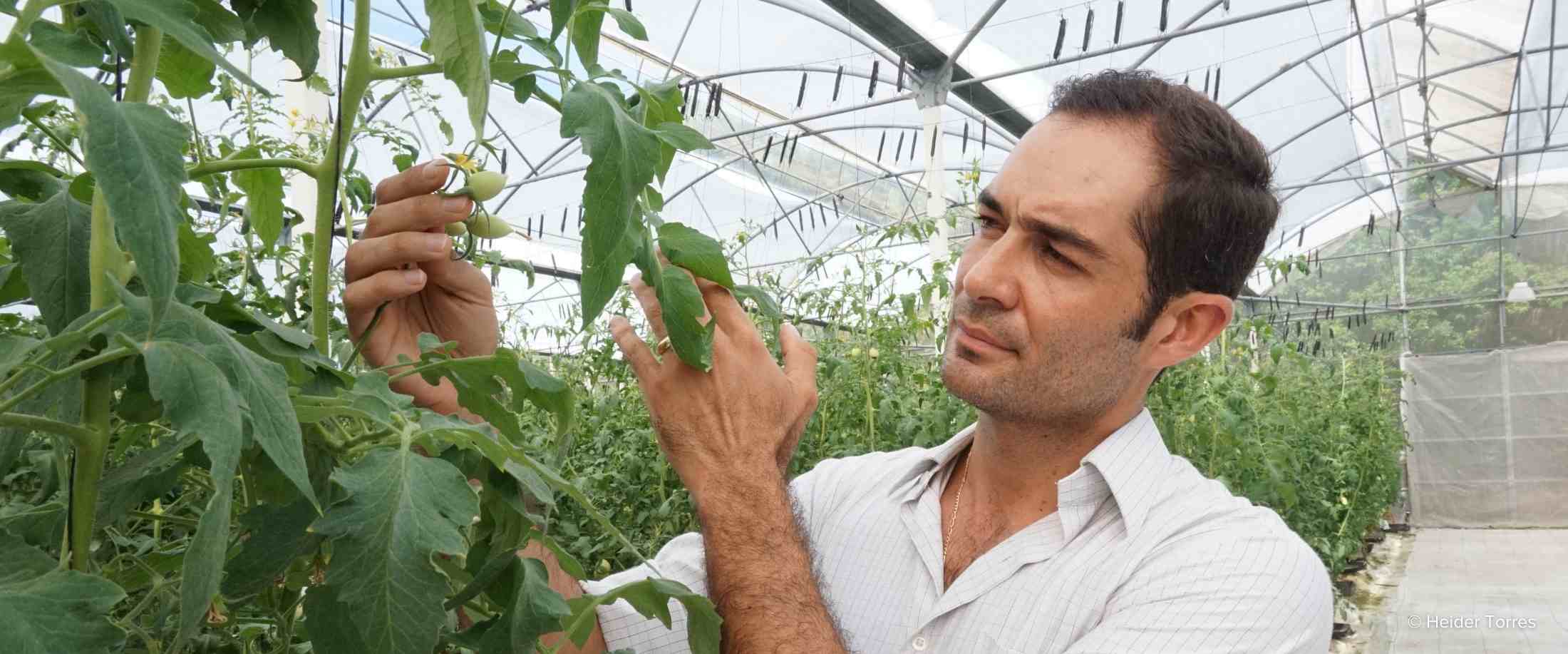
Hotel operations in Quintana Roo have a large impact on the well-being of the corals and wildlife that call the Mesoamerican Reef home. The Mesoamerican Reef Tourism Initiative and the Riviera Maya Hotel Association have launched a program to help businesses reduce their impacts on the environment. Hotels are empowered...
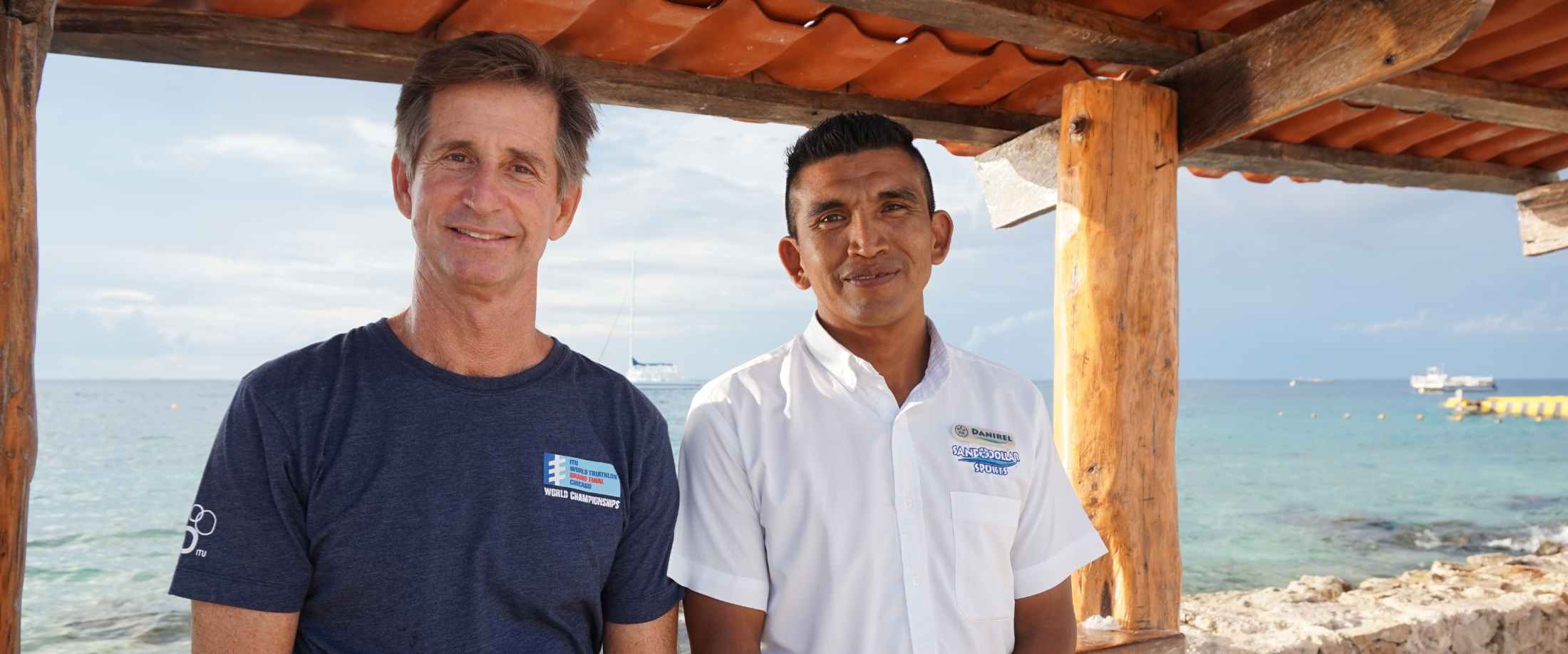
In Cozumel, an island off the coast of Mexico, tourism has threatened the fragile reef. To prevent further damage, MARTI partnered with Cozumel Reef National Park to require a Sustainable Marine Recreation (SMR) course for tour operators who take visitors to see the reef. This course helps tour guides explain...